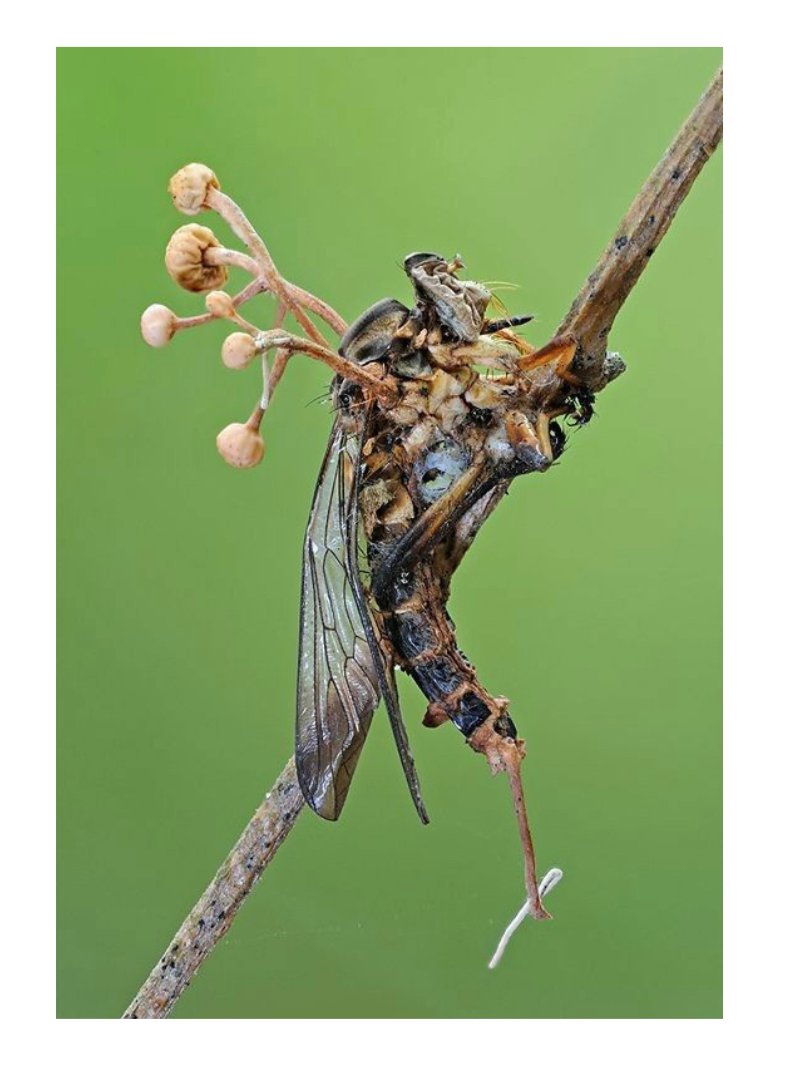The authors of ‘The Bizarre world of Zombie Mushrooms: Natural Fungal Puppeteers’ – Kuvepolii Nyekha, Kezevinu Kisotso, Lachim C Khungru and Vitovi Kappo – are all 5th Semester Students, Functional English Department, Kohima College.
In the realm of the natural world, a bizarre and unsettling phenomenon captures the imagination of scientists and enthusiasts alike: The Zombie Mushrooms.
Zombie mushrooms, also known as “zombie-creating fungi”, are a type of parasitic fungus that invades the bodies of various insects and arthropods, effectively manipulating their behaviour and turning them into unwitting hosts. These fungi are named “zombie mushrooms” due to their ability to control their behaviour of their hosts in a manner similar to the way zombies are depicted in popular culture, where they manipulate the action of their victims.
Download Nagaland Tribune app on Google Play

Zombie mushrooms affect their host organisms by manipulating their behaviour, often compelling them to perform action that benefit the fungus’ reproductive cycle. This manipulation can lead to significant changes in the host’s behaviour, such as compelling it to move to an optimal location for spore dispersal or altering its feeding patterns to benefit the growth of the fungus.
Ultimately, the manipulation usually leads to the demise of the hosts organism after which the
fungus can reproduce and spread to other potential hosts.

There are various types of zombie mushrooms, each with its own unique characteristics and specific hosts. Some well-known examples include ophiocordyceps unilateralis, which infects ants, and entomophthora muscae, which affects flies. Each type of zombie mushrooms has evolved to target specific hosts species, utilising different mechanisms to manipulate the behaviour of their respective hosts zombie mushrooms play important ecological role in their respective environment. They can help regulate the population of certain insect species, preventing population explosions that could have negative consequences for the ecosystem.
Additionally, by influencing the behaviour of their hosts, these fungi can affect the distribution of nutrients and resources in the environment, potentially impacting the overall balance of ecosystem. Furthermore, zombie mushrooms contribute to nutrient cycling as they decompose the remains of their hosts organism, returning essential nutrient to the soil and facilitating the growth of another organism in the ecosystem.
Environmental factors, Such as temperature, humidity, and the availability of suitable hosts. These fungi thrive in specific environmental conditions that are conducive to their growth and spore dispersal. Factors like temperature and humidity levels can impact the rate of spore germination. Changes in these environmental factors can thus alter the distribution and prevalence of zombie mushrooms in different ecosystem.

Kuvepolü Nyekha (nkuvepolu@gmail.com)
Kezevinu Kisotso (kezevinokisotso@gmail.com)
Lachim C Khungru (lachimckhungru@gmail.com)
Vitovi Kappo (vitovikappo@gmail.com)

